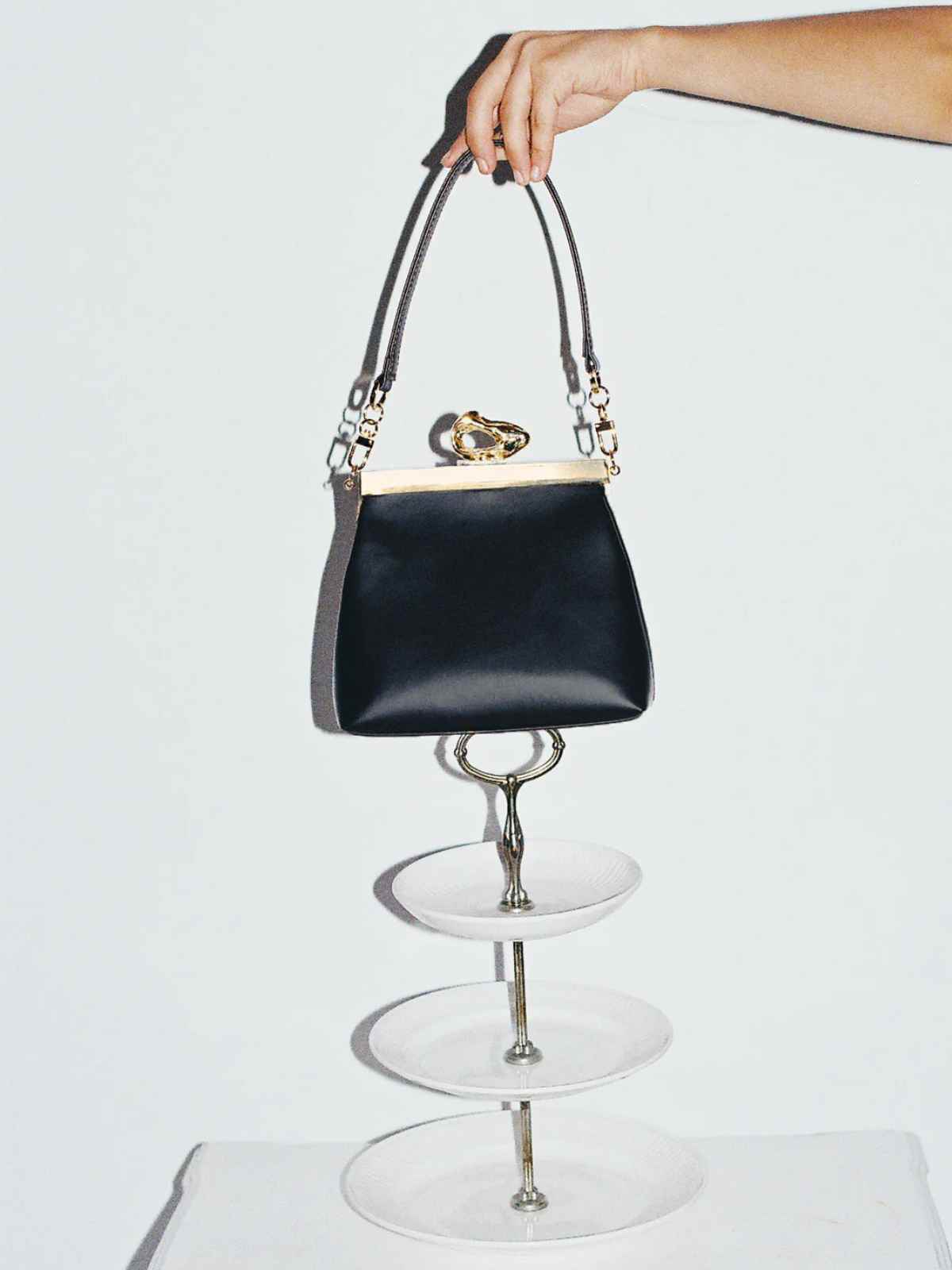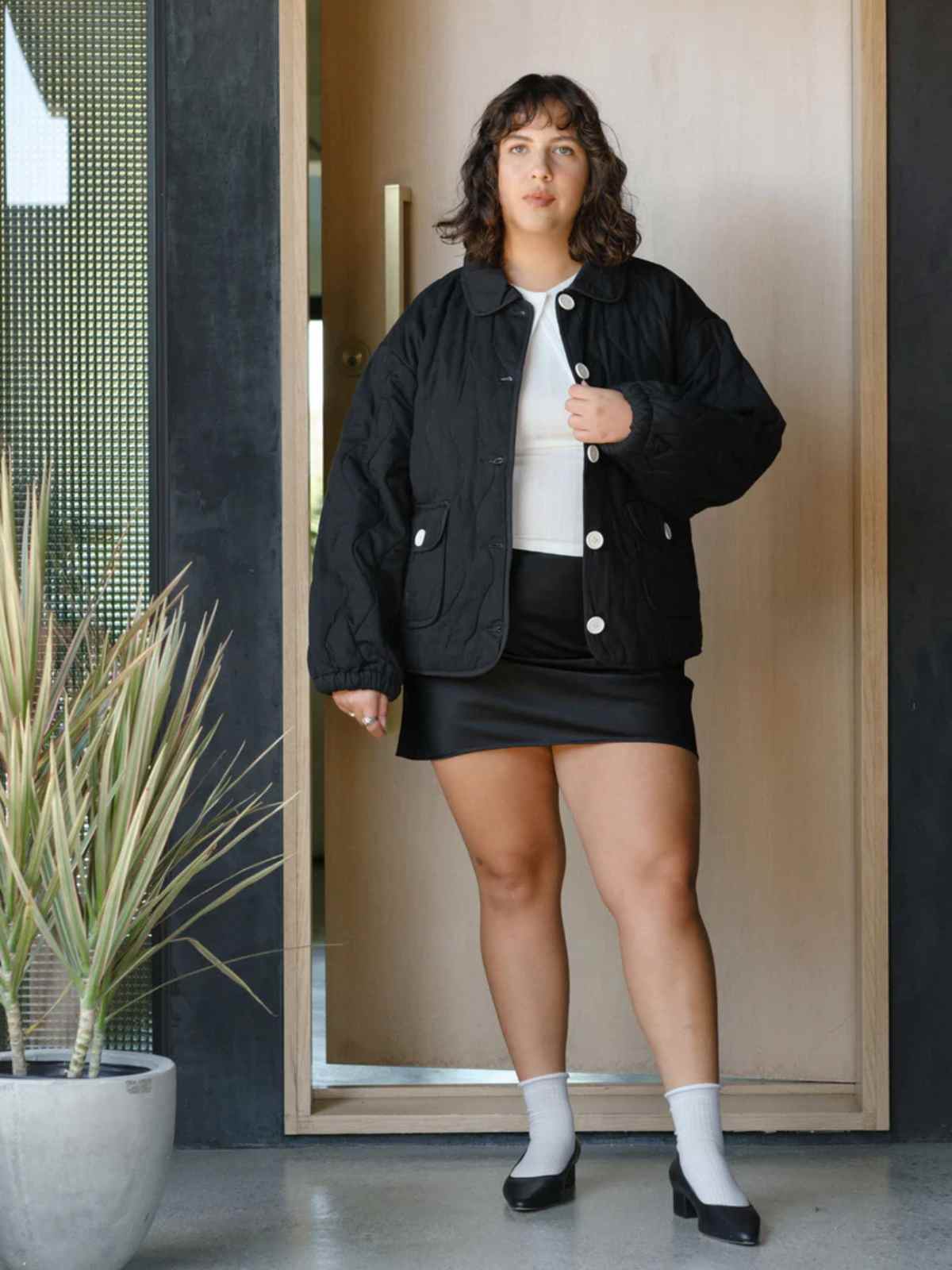Every week, the Good On You team scours the internet, so you can have easy access to the ethical and sustainable fashion news that matters. Here’s everything you need to know this week.
In the know
The Devil Wears SHEIN
Gen Z has been at the forefront of the climate movement, and they are more likely than any other generation to say that the climate crisis is their number one concern. “But they also have a big problem: Gen Z can’t stop buying new clothes,” reports Business Insider.
Nike Deceptively Markets Its Products as ‘Sustainable’, per Lawsuit
A recent report by the Fashion Law reveals that “Nike has been named in a new lawsuit, accusing it of deceiving consumers by falsely marketing its sportswear offerings as ‘sustainable’, made with ‘sustainable materials’, and environmentally-friendly, when its products ‘do not live up to these claims’.”
CIDER May Sell Viral Outfits, but It’s Nothing More Than a Fast Fashion Brand
If you’re on TikTok, you might have come across a mysterious brand from Hong Kong: CIDER. Sadly, we rate the brand “We Avoid”. Read GreenMatters’ report on this viral brand.
‘Good’ and ‘Great’ news
Every week we publish news and product highlights from highly rated brands that have been assessed by our rigorous ratings system. Using our codes and links may earn us a commission—supporting the work we do. Learn more.
Discover Harvest & Mill’s New 100% Dye-Free Organic Cotton Collection
“Great” rated brand Harvest & Mill makes basics for everyone, always ensuring they are not dyed or bleached, greatly reducing the use of water, energy, and dye materials.
The cotton for the brand’s new collection is 100% organic and is grown, milled, and sewn in the US, supporting American organic cotton farmers and local sewing communities.
Even better, by cultivating different varieties of heirloom cotton like the lovely brown shade of this collection, the brand is able to bolster biodiversity, which is essential for ensuring healthy ecosystems and keeping our planet resilient in the face of climate change.
And with the brand’s fully domestic supply chain, the raw materials travel a fraction of the distance of conventional clothing supply chains, decreasing the carbon footprint of each piece of clothing.




















